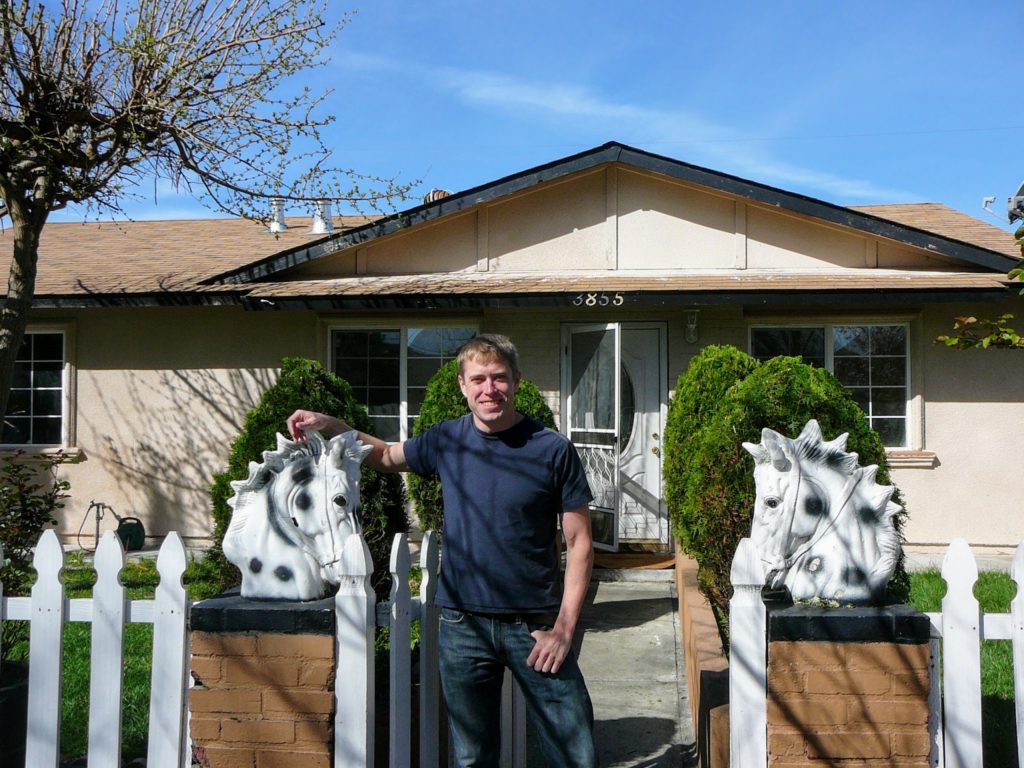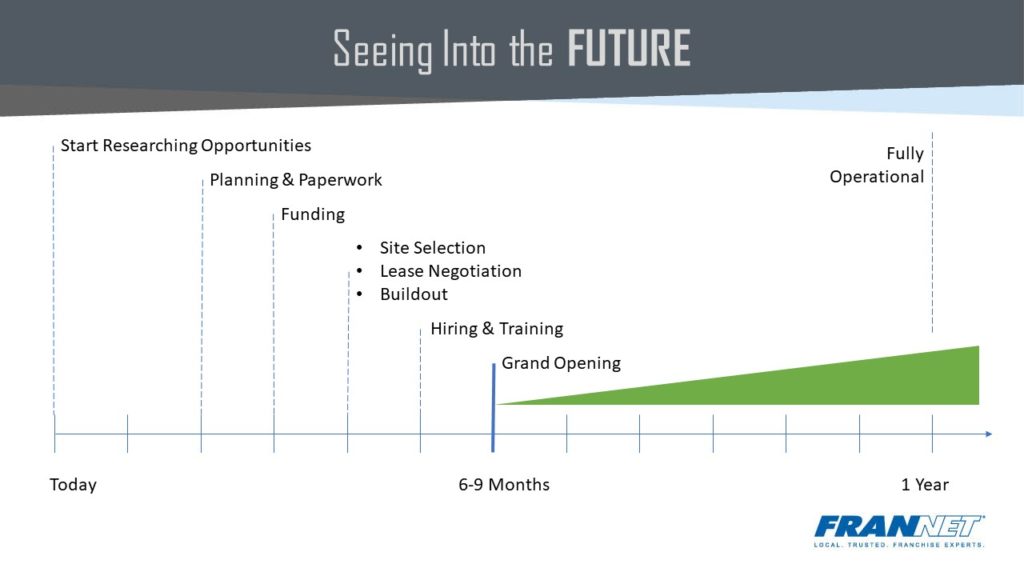This certainly has been a crazy year. The COVID pandemic has shut down the economy, and everything has changed. It’s the greatest period of uncertainty that we’ve seen in a lifetime.
Many businesses have struggled and even closed. So why would anyone even consider starting a business now?
Looking Back at the Last Crisis

Let’s look back to the 2007-2008 financial crisis. Housing prices plummeted, and the real estate market was flooded with foreclosures and short sales. The media declared that the American Dream was dead, and nobody would want to own a house again. End of story, right?
Not so fast. Smart investors, who don’t follow the herd, bought those houses and turn them into rentals. Fast forward ten years, and both rents and housing prices have doubled and even tripled in some places. Those investors, myself included, made a fortune!
I see parallels to today’s business landscape. Many businesses have shut down, leaving vacancies in the shopping centers. Others are limping along, through delivery services and government aid, and their fate is still undecided.
When this passes, and life returns to normal, there will be many opportunities to replace those businesses.
Crisis Brings Opportunity
“Never let a serious crisis go to waste. And what I mean by that it’s an opportunity to do things you think you could not do before.”
Rahm Emanuel
This pandemic brings several clear business opportunities.
The first is the cost of doing business. With all the retail vacancies opening up, you may be able to negotiate a lower rent. Interest rates are also low, making the cost of borrowing money cheaper.
The second is talent. Many people are out of a job, so you have access to a much larger labor pool and can hire better people.
A third advantage is knowledge. Nobody saw this pandemic coming, and existing businesses weren’t designed to adapt. With a new business, you can choose an industry that’s pandemic resistant — such as home services or senior care — or start with a business model that’s adapted for social distancing.
Lastly, as things open back up, there will be fewer businesses competing for the same income. This means a bigger piece of the pie for those who do survive (or start) during the pandemic.
Looking Forward
History shows that this isn’t going to last forever. 9/11 didn’t stop airline travel forever, and the Great Recession didn’t end the real estate market. This pandemic will pass too, in one way or another.
Looking forward, ask yourself where you see things a year from now. Will we be back to normal, with a vaccine and the virus under control? Will there be a bump in consumer spending as people are itching to get out? We’ve already seen how crowded the bars and beaches got when they reopened, and it’s not even safe yet. At the very least, we will learn to adapt, with cleaning and social distance protocols that keep businesses and consumers safe.
If you want to be in business a year from now, this is the time to start planning. Here are some of the things that it may take to get your business fully operational:

- 1-3 months to explore business opportunities.
- 1-2 months for planning and paperwork.
- 1 month to secure funding.
- 1-2 months for site selection and lease negotiation.
- 2-3 months to build out a location.
- 1 month to hire and train employees.
- 3-6 months after opening to ramp up operations, build up a customer base, and get out the glitches.
Add that all together, and it can easily take 6-12 months to get open and fully operational. So, if you want to be in business a year from now, today is the time to get started!
One mistake that investors often make is to “wait for the bottom.” If you waited until the bottom during the 2007-08 real estate crisis, you would have missed it. By the time that the bottom was apparent, large investment firms were buying all the distressed properties directly from the banks, and the opportunity was gone.
How To Get Started
If you’d like to own a business and don’t know where to start, I suggest to explore franchising. A franchise provides a proven business model, training and support, and established business systems. You can learn the details of the business and even talk with existing owners before you make any decision about which business to start. Even if you decide not to do a franchise, it’s a great way to quickly learn about different business models and industries.
I can help you explore franchise business ownership, at no cost and no obligation. My first two businesses were franchises, and I work with a company called FranNet who have been helping match business owners with franchises for over 30 years. Schedule a free consultation today.
